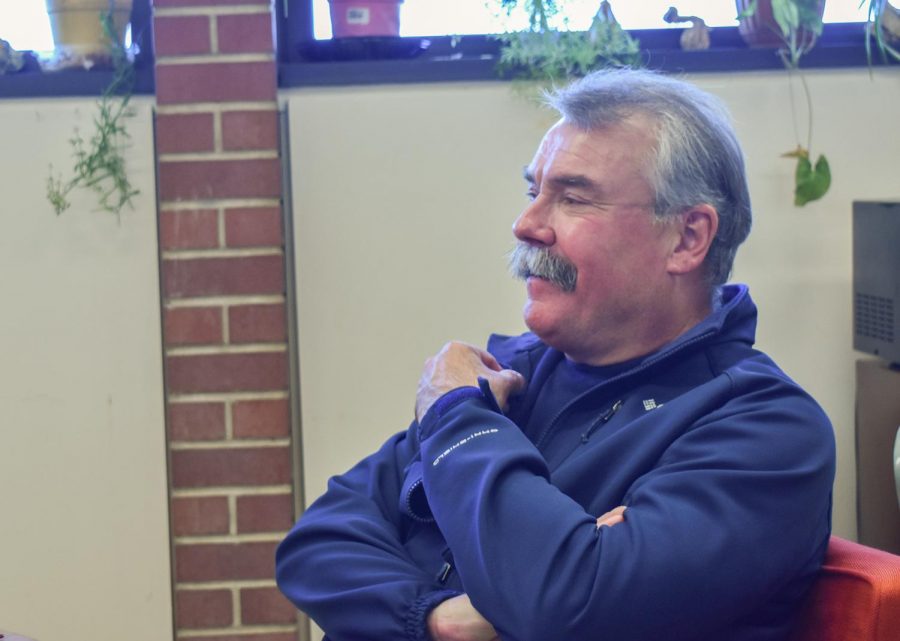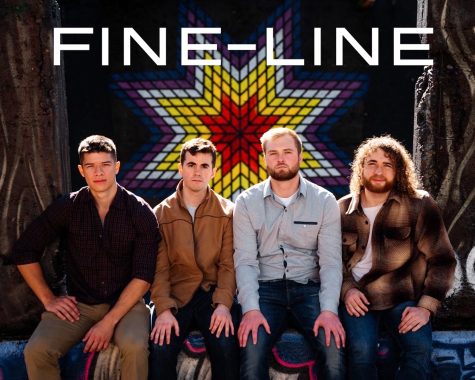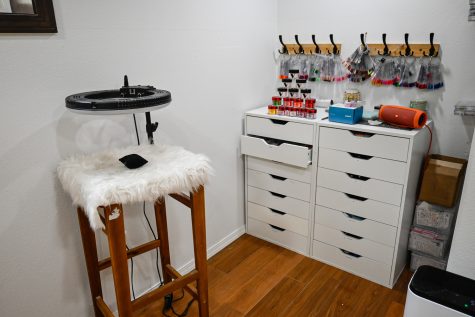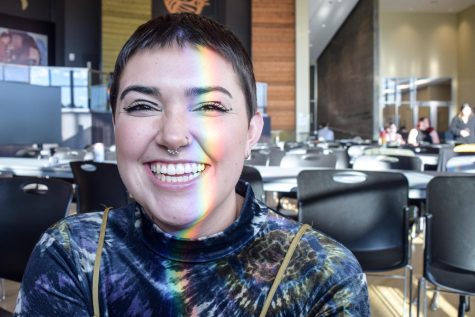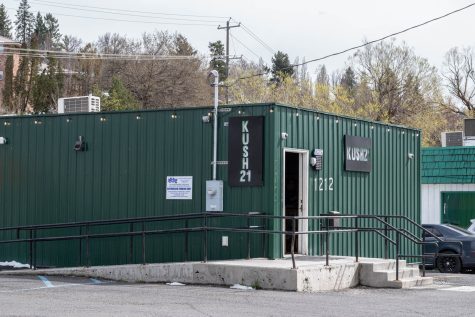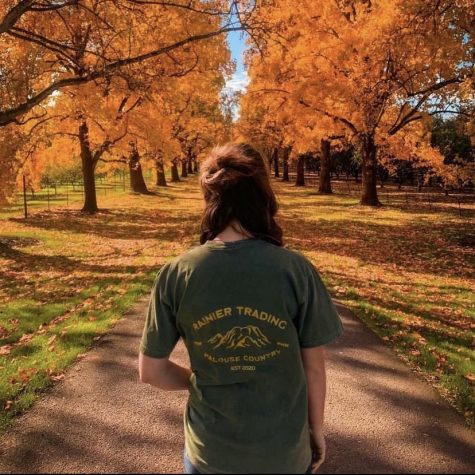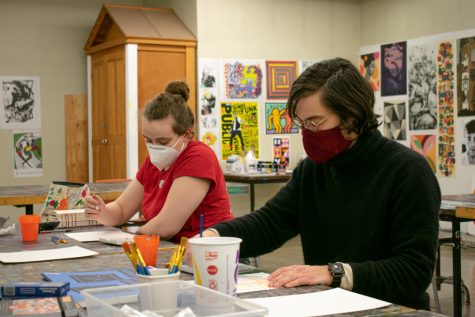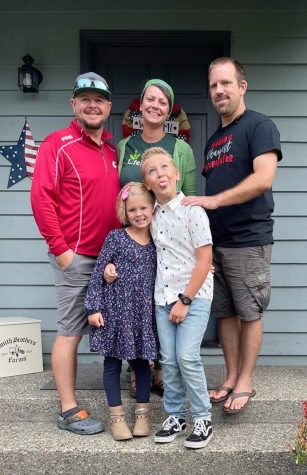Verrell shifts focus toward academia
Biology professor hopes to put more effort into guiding next generation
Associate professor of biology Paul Verrell talks about his work with hormones and animal behavior on Tuesday at Eastlick Hall. “I had taken an animal behavior class, which I enjoyed, but not hugely,” Verrell said.
October 21, 2019
Associate professor of biology Paul Verrell has been at WSU for 26 years. During that time, he’s been an active member of the WSU community, teaching and providing educational opportunities for students.
Verrell started his career by attending the Open University in England where he pursued his undergraduate and graduate work in animal behavior.
He then came to Pullman in 1993 and began working at WSU in the late 90s where he has worked in the School of Biological Sciences ever since.
Verrell started his career as an animal behavior scientist because of a program he participated in, he said, sparking an interest in the field for the rest of his life.
“As an undergraduate, I was part of an equivalent of an Honors Program, and we had to do an honors thesis project,” Verrell said. “I had taken an animal behavior class, which I enjoyed, but not hugely, but there was someone who had a lab that had a vacancy.”
The lab was focused on baby mice and how they communicate with their mothers. He said the team he worked with discovered that mice communicate through sonar and a high-pitched humming that humans cannot hear.
“I was doing that, and I thought, you know animal behavior is actually kind of interesting, and then I looked around for graduate programs, but what I really wanted to do was behavior and physiology, particularly hormones,” Verrell said. “It was sort of an element of accident.”
Verrell has several publications discussing his work and findings on hormonal and reproductive behavior in a variety of animals, but he has always wanted to eventually expand his research to include homo sapiens.
However, he said that a few years ago he and his wife published a book about college preparation, which resulted in three editions. They plan on eventually starting the fourth edition.
“I made a decision quite a few years ago that I wanted to put more of my academic effort into teaching and advising, and so over the years my research output has dropped,” Verrell said.
He has spoken with the Center for Civic Engagement about a variety of local programs that students could get involved with to gain community service and experience in the biological field.
“Students really feel like they are getting something from it,” Verrell said. “They are connecting with the community and feel as if they are making a difference.”
Verrell received his 25-year pin and certificate last year for his work here. He said that after he retires, he may teach part-time and participate in community involvement. Although, he has always wanted to travel to Africa, so he may do that after he retires. For now, he said he is happy teaching his students and having them teach him just as much.
“I like the idea of learning from my graduate students, as well as them learning from me,” Verrell said.


